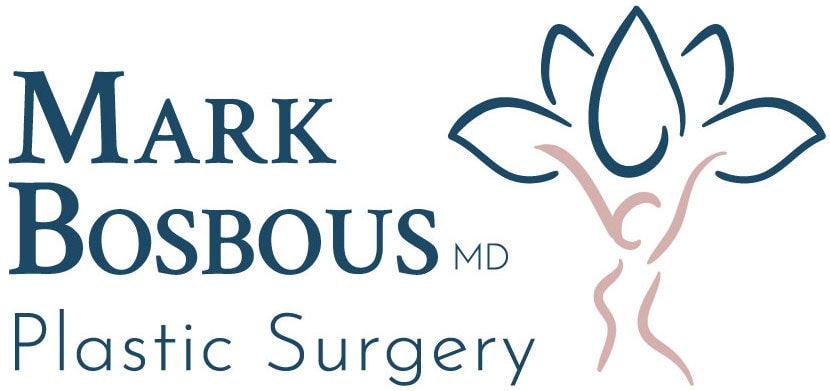One of the most common post-op questions patients have after cosmetic surgery is about numbness.
It’s a concern that comes up mostly during recovery check-ins — and understandably so. When you undergo a surgical procedure, elective or otherwise, changes in sensation can catch you off guard.
At our Milwaukee, Wisconsin clinic, Dr. Mark Bosbous always makes it a point to prepare patients for what to expect after surgery, and that includes numbness.
While it’s often temporary, the lack of sensation can be unsettling. So, stick around to find out what actually causes it, how long it lasts, and when things typically start feeling normal again.
Why does numbness after surgery occur?
Any time an incision is made, there’s a chance that the tiny nerves just beneath the skin—many of them too small to see with the naked eye—get disrupted.
These nerves are responsible for basic surface-level sensation, so when they’re cut or stretched during surgery, the brain stops receiving signals from those areas. This results in a numb patch of skin.
However, it’s important to remember the damage is only temporary. In most cases, these nerves regenerate on their own over time.
The body is surprisingly good at repairing itself — but like any healing process, it takes time. And, depending on the area of the body and the procedure performed, the timeline can vary quite a bit.
How long does numbness usually last?
For most patients, numbness starts to improve within a few months to a year after surgery. Only a small number of patients may notice minor residual numbness that sticks around for up to two years—and in even rarer cases, longer than that.
You’ll usually be able to tell when the damaged nerves are in the process of healing.
Sensations such as tingling, itching, or that familiar “pins and needles” feeling are all indicators that your nerves are regenerating and starting to communicate with the brain again.
Some patients even describe tiny electrical zaps, which, while strange, are a normal part of healing.
It’s also important to note that everyone heals at a different rate. Two patients can have the same procedure and completely different timelines for sensation recovery. Your overall health, age, genetics, and how well you follow post-op instructions all play a role.
Different healing timelines for different surgeries
As mentioned above, the type of incision made — and the area of the body where it’s placed — will typically affect your healing timeline.
If we’re talking about a facelift, for example, the areas impacted are the skin around the ears, hairline, and jaw. Patients usually experience numbness in those areas for at least 6 to 8 weeks, sometimes longer.
Sensation in the face typically returns in stages, and the areas closest to the incisions are often the first to heal.
A more involved procedure, like a tummy tuck, takes a lot longer to heal, and it can cause numbness between the belly button and the lower incision line. This is because the skin is lifted and tightened during the procedure, which stretches and disturbs the nerves.
Some patients report numbness in this region lasting a full year, though most begin to notice improvement well before then.
Is there anything I can do to speed up recovery?
There’s no magic pill to bring sensation back faster, but there are things you can do to support the healing process.
Following your surgeon’s post-op instructions, staying hydrated, eating a balanced diet, and avoiding smoking are all things you can do to support tissue and nerve regeneration.
Gentle massage, once cleared by your surgeon, may also help stimulate blood flow and nerve activity in the area.
The takeaway
Numbness after surgery is one of those side effects that doesn’t get talked about as much as bruising or swelling, but it’s just as real.
Knowing it’s coming, understanding why it happens, and having realistic expectations about recovery can make the process a lot less stressful.
With the right surgeon, a solid recovery plan, and a little patience, sensation tends to return gradually. And when it does, you’ll be one step closer to not just looking your best, but feeling like yourself again.
If you have questions about post-surgical recovery or want to know what to expect from a specific procedure, schedule a consultation with Dr. Mark Bosbous. He’ll walk you through every detail and help you understand what’s ahead — numbness and all.
